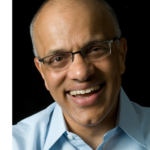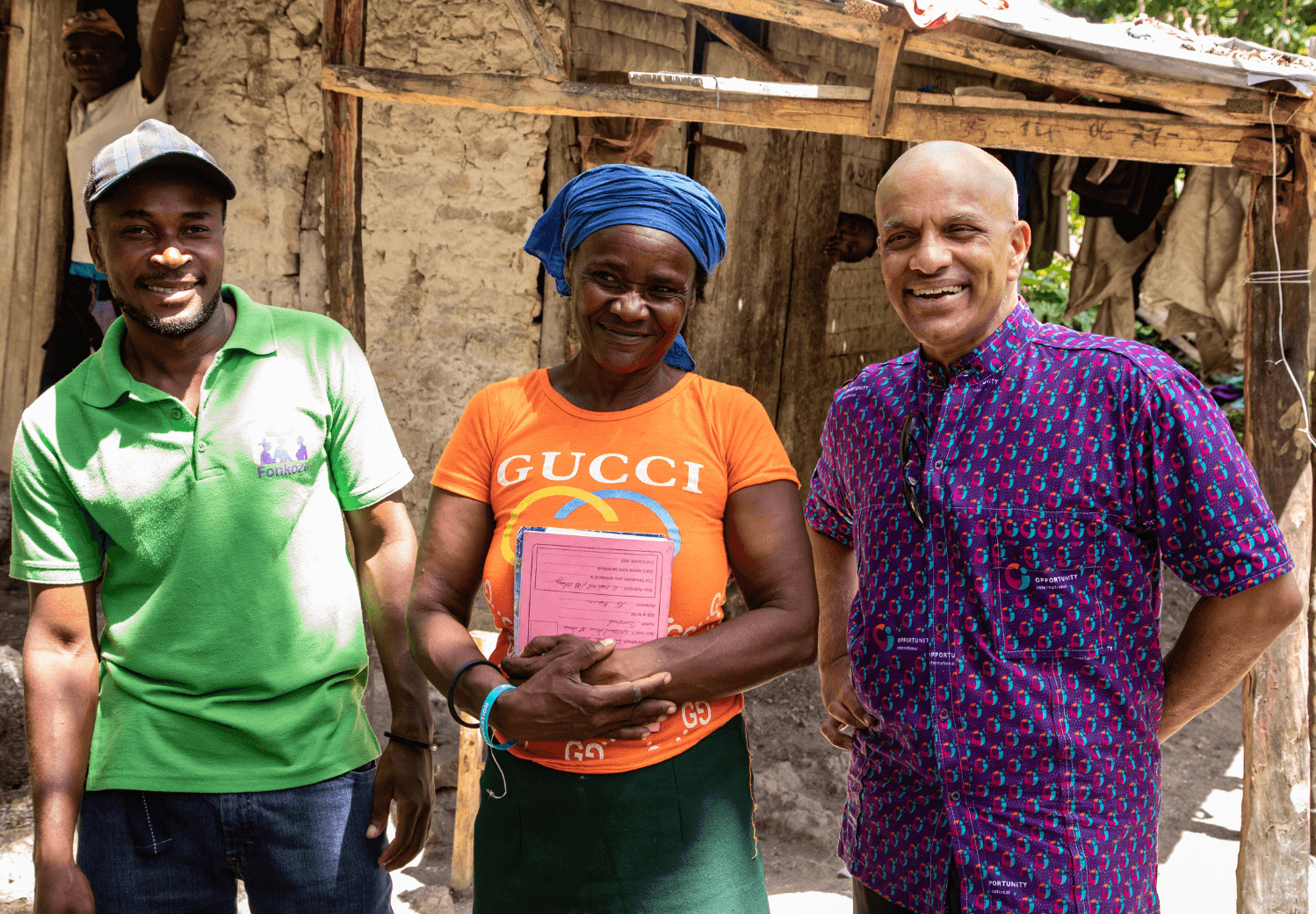Celebrate!
Atul Tandon
10.28.20
Pause for breaks. Pause for celebrations. Take time for each other and to acknowledge your wins. Burnout in a fast-paced work environment is real, but Atul Tandon, CEO of Opportunity International, has developed a toolkit for helping his teams and employees keep the fire fueled.
Summary:
Pause for breaks. Pause for celebrations. Take time for each other and to acknowledge your wins. Burnout in a fast-paced work environment is real, but Atul Tandon, CEO of Opportunity International, has developed a toolkit for helping his teams and employees keep the fire fueled.
Thuy

Atul Tandon
Thuy




